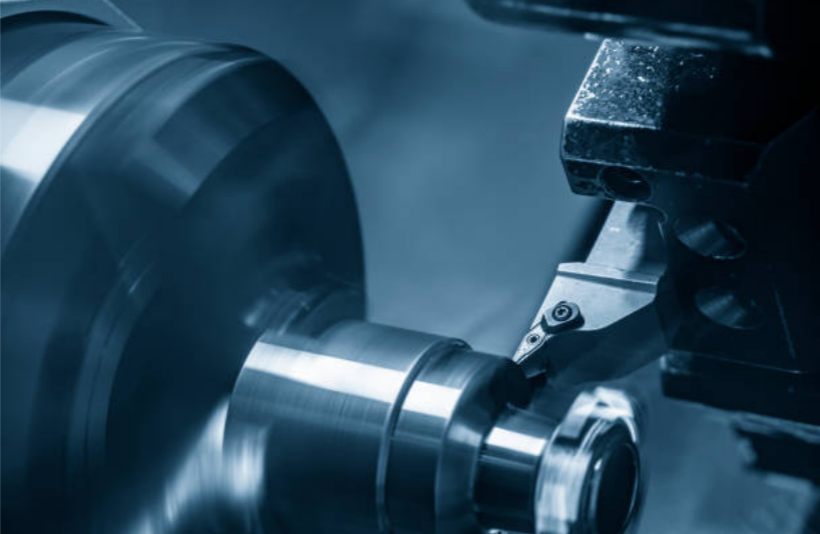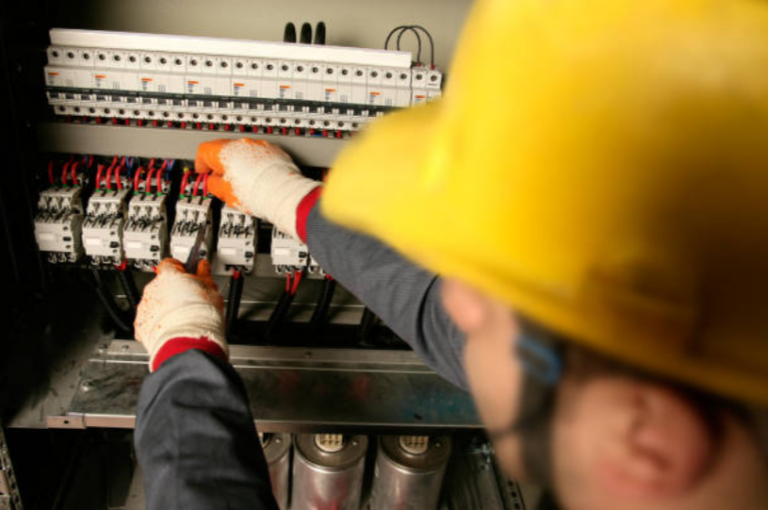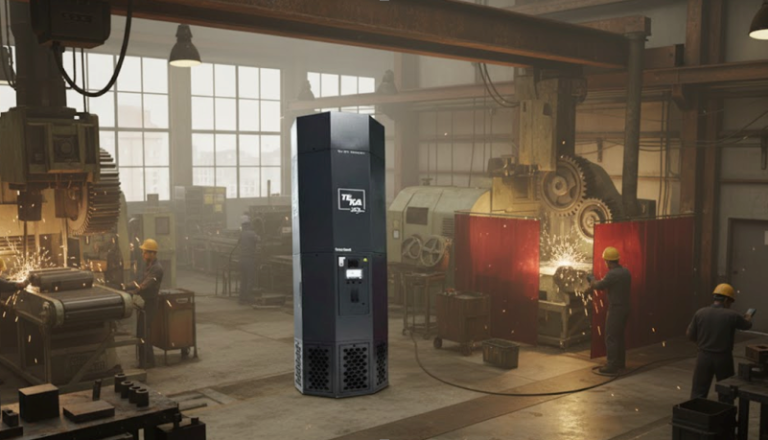How To Pick A CNC Milling Parts Factory For Your Next Engineering Project
To complete the steps of an engineering project, there is a need to locate a CNC milling parts factory in the broad range of industrial manufacturing. For businesses collaborating in business to business transactions of precision CNC machining parts, the components must be of a certain quality, precision and
be trustable. Picking the wrong vendor can cause delays, rework and poor product performance. Over the right supplier, there is consistent product quality, seamless communication, timely deliveries, and parsed production schedules.
This article identifies the most vital worries of a decision maker of a business to business collaboration dealing with strict specifications and deadlines. Technical abilities, quality control, cost efficiency, and supply chain trustworthiness, decision makers in
a business to business arrangement can choose the right supplier.
Knowing Your Project Requirements
Before engaging with CNC milling parts factory suppliers, it is pivotal to spell out project details. These details would serve as a baseline to check and measure each CNC milling parts factory against expectations.
Consider the following:
- Material specifications – For your components, specify the metal, plastic, or composite materials to be used.
- Tolerances – For your precision CNC machining parts, tighter tolerances will require the supplier to have more advanced equipment and processes.
- Quantity – Distinguish between low volume prototypes versus bulk orders and identify other features, add options.
- Complexity of design – Multi-axis CNC milling may be necessary for intricate designs.
- Lead times – Establish expectations and negotiate both firm and flexible deadlines for production schedule shifts.
Meeting your goals depends on focus. Achieving the desired result is easier when these criteria are set in advance because it allows you to eliminate suppliers that are unable to meet these requirements and concentrate on those that have the necessary qualifications and industry experience.
Assessing Technical Capabilities
More than anything else, ensuring that a CNC milling parts factory has the technical know-how for your project is crucial in making your decision. Apart from the equipment they have, other considerations include factory automation level, workstation, and craft competency, design, and the ability to handle custom materials.
Also evaluate:
- Machine range – Is there an availability of 3-axis, 4-axis or 5-axis CNC milling machines? Multi-axis machines are usually more accurate and require fewer setup processes.
- In-house tooling – A streamlined in-house tool room helps a factory to manage changes in design with ease.
- Aerospace alloys – Do they possess the capability to work with aviation grade alloys, high-performance plastics, hardened steels, and other specialized materials?
- CAD/CAM system – Ensure that the design software is compatible with the factory systems to minimize the chances of error during file exchange.
- Rapid Prototyping – Enhanced prototype capabilities enable effective and quicker iteration to refine your designs and accelerate the product development lifecycle.
To evaluate the factory’s consistency in meeting your standards, request a capabilities statement or a technical data sheet to gather relevant information.
Quality Control and Certifications
With precision machining, manufacturing quality is crucial for B2B projects. For CNC machining, a reliable supplier should possess documented quality assurance workflows along with the required industry certifications.
To focus your research, consider these important subjects:
- ISO certification – An ISO 9001 certification ensures the factory follows international quality management standards.
- Inspection equipment – Surface roughness testers, CAD, and laser scanning tools improve precision and repeatability.
- In-process inspection – Defect detection before the advancement in manufacturing is possible with continuous inspection.
- Final inspection reports – Reports track and document processes which ensures accountability and responsibility.
- Customer audits – These audits allow clients to visit and verify the adherence to the set standards and processes.
Investing in robust quality systems demonstrates their commitment to long-term partnerships and consistent product performance.
Value Over Cost Efficiency
Cost is a critical factor to consider. However, in the long run, the cheapest option available to you would incur higher expenses, from delays, rework, or quality failure. Instead fixating on unit price, concentrate on total cost of ownership.
- Material sourcing – Does the factory possess strong relationships with suppliers to guarantee stable pricing of materials?
- Production efficiency – Skilled operators complemented with advanced equipment lead to lesser scrapped materials and higher throughput.
- Lead time reliability – Paying higher unit pricing is beneficial in comparison to being served with unreliable delays.
- After-sales support – Addressing minor customer service issues that will only get worse with time.
- Scalability – With an increase or decrease in your requests, can the factory adjust their production levels?
In many instances, a CNC milling parts factory that is mid-priced but has improved quality, reliability, and communication will always have higher long-term value.
Communication and Project Management
Effective communication is critical when dealing with a CNC milling parts factory, particularly if you are located in different time zones or regions. Miscommunication can result in expensive misunderstandings and delays in production.
Assess the following criteria:
- Responsiveness – How fast does the supplier answer emails and calls?
- Project tracking – Do they send in progress reports?
- Language and cultural compatibility – Effective collaboration is balanced on a shared framework of seamless communication.
- Technical support – Does the supplier allow direct contact with engineers or machinists for the complex questions?
- Problem-solving approach – A supplier who suggests helpful changes rather than waiting for you to tell them what to change can be helpful.
The ideal partner is one that provides seamless communication, maintains the project as a priority, and treats every detail as critical.
Read Also: How Innovative Physiotherapy Techniques Improve Pain Management
Why the Right CNC Milling Parts Factory Matters
In the current fast-paced industrial environment, the performance and reliability of the final products hinges on the machining partners. With the CNC milling parts factory of your choice comes consistent quality, enhanced production efficiency, reduced operational risks, and shortened lead times.
A partner capable of producing precision CNC machining parts should meet the specialized material requirements, have a flexible response to design changes, and possess the ability to process CNC equipment machining parts within tight tolerances. For B2B companies, this translates to better customer satisfaction, improved product reputation, and higher profitability.
Conclusion
When choosing a CNC milling parts factory, one should evaluate the project’s engineering requirements alongside the company’s capabilities, as this can significantly affect the outcome. By examining the potential partner’s technical capabilities, value, quality control systems, and communications, you can find one that achieves the desired balance of business expectations and technical requirements.A properly arranged relationship with a CNC milling parts factory leads to a partnership that makes it possible to receive precision CNC machining parts within strict deadlines. This relationship prepares the company not only for the ongoing engineering tasks but also aids in expanding to novel engineering solutions in the future.






